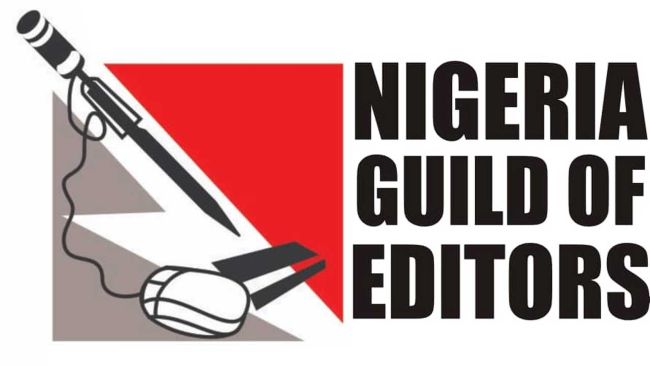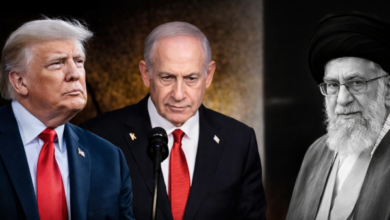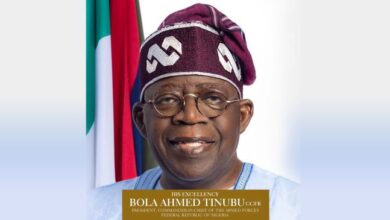Editors Condemn Badeggi Radio Shutdown, Raise Alarm over Threat to Press Freedom

The Nigerian Guild of Editors (NGE) has issued a strong condemnation of the recent closure of Badeggi Radio by Niger State Governor, Mohammed Umar Bago, describing the action as a dangerous overreach and a direct assault on press freedom and democratic governance in Nigeria.
In a statement signed by NGE President, Eze Anaba, and General Secretary, Onuoha Ukeh, the Guild decried the governor’s unilateral order to seal the radio station, calling it “a blatant act of censorship and intimidation” that threatens the foundation of democratic society.
Constitutional Breach and Regulatory Overreach
The Guild emphasized that the action violates Section 39 of the 1999 Constitution (as amended), which guarantees freedom of expression and of the press. It also contravenes Article 9 of the African Charter on Human and Peoples’ Rights, to which Nigeria is a signatory. These legal instruments enshrine the public’s right to information and the media’s role in enabling accountability in governance.
“The arbitrary closure of Badeggi Radio is reminiscent of Nigeria’s darkest era of military dictatorship—a period we left behind 26 years ago,” the statement read. “No democratic leader should be seen weaponizing executive power to silence critical or independent voices.”
Crucially, the Guild pointed out that the legal authority to sanction broadcast stations lies solely with the Nigerian Broadcasting Commission (NBC), and not with state governors. Sanctions, it said, must follow due process, including thorough investigations and clear evidence of wrongdoing.
Role of the Federal Government and Information Ministry
While commending the Minister of Information and National Orientation, Mallam Mohammed Idris, for recognizing the illegality of the closure, the Guild stressed that federal intervention should not stop at public statements. It called on the federal government to urgently unseal Badeggi Radio’s premises and ensure an independent investigation is carried out, as required by the NBC Code.
“The action of the governor is ultra vires. It sets a dangerous precedent, one that must be immediately reversed to reassure Nigerians that democratic norms and media rights are still protected,” the editors said.
Call for Responsible Journalism, Not Retaliation
Though Governor Bago has alleged that the station incited violence—a serious claim—the Guild maintained that such allegations must be substantiated through an impartial process, not punished through executive fiat.
It urged all media practitioners to remain professional and adhere to ethical journalism standards, but reiterated that press freedom cannot be sacrificed on the altar of unverified claims.
The Bigger Picture: Nigeria’s Media at a Crossroads
This incident adds to a growing list of concerns among media stakeholders regarding shrinking civic space and rising intolerance for dissent. The Guild’s reaction is not only a defense of one radio station but a warning against the erosion of constitutional liberties under the guise of maintaining order.
“The closure of Badeggi Radio is not just about a single outlet. It is a litmus test for how seriously Nigeria’s democracy protects freedom of the press,” the Guild concluded. “Any government that stifles the media stifles democracy itself.”
Outlook
As the clamour grows for Badeggi Radio’s immediate reopening, attention now shifts to the federal government and the NBC to act decisively and within the confines of the law. Analysts say the outcome could set the tone for how government-media relations evolve ahead of the next electoral cycle.
BRANDECONOMY INSIGHT:
The current episode underscores a recurring tension in Nigeria’s democratic journey: balancing state authority with constitutional freedoms. For a country battling misinformation, insecurity, and developmental challenges, the independence of the media is not just a right—it’s a necessity for informed citizen engagement and national progress.











